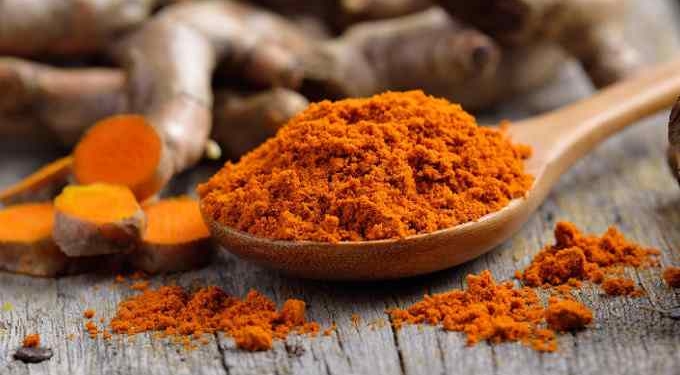
Mandy Froelich | Truth Theory
Though few of us know it, the majority of the populace suffers from stomach problems. If low hydrochloric acid levels (which can result in poor digestion, bloating, and skin conditions) isn’t the issue, ulcers or acid buildup (typically caused by stress and poor diet) might be. Fortunately, a component found in turmeric may be able to prevent and possibly combat stomach concerns — specifically, stomach cancer.
Curcumin — derived from the turmeric plant (Curcuma longa) — has been used to impart color and flavor to food in many areas of the world. But long ago, scientists discovered that the bright, yellow powder can also help prevent and fight stomach cancer.
In a study conducted by researchers at the Federal University of São Paulo (UNIFESP) and the Federal University of Pará (UFPA) in Brazil, the possible therapeutic effects of the pigment were identified. The study was part of a Thematic Project supported by São Paulo Research Foundation, or FAPESP. The findings have been published in the journal Epigenomics.
“We undertook a vast review of the scientific literature on all nutrients and bioactive compounds with the potential to prevent or treat stomach cancer and found that curcumin is one of them,” said Danielle Queiroz Calcagno, first author of the study and a professor at UFPA.
Calcagno, who conducted the postdoctoral research at UNIFESP with a scholarship from FAPESP, claims compounds such as cholecalciferol (a form of vitamin D), quercetin, and resveratrol (a polyphenol) may be able to prevent stomach cancer because they are natural regulators of histone activity.
Histones are proteins in cell nuclei that organize the DNA double helix into structural units called nucleosomes. Each nucleosome is composed of DNA coiled like a spool around eight histone proteins to compact the DNA. In the cell, it is packaged into chromatin.
Science Daily reports: “Posttranslational chemical modification of the amino acid chain in these proteins, such as acetylation (introduction of an acetyl group) or methylation (addition of a methyl group), can affect chromatin compaction and hence gene expression.”
“If the histones are acetylated, for example, the chromatin will be less condensed, and a gene in a region of the DNA segment inside it will be available to be expressed. In contrast, if the histones aren’t acetylated, the chromatin will be more condensed, and the gene won’t be expressed,”Calgano explained.















![Everything You Ever Wanted to Know About 9/11 Conspiracy Theory in Under 5 Minutes [VIDEO] | by James Corbett](https://consciouslifenews.com/wp-content/uploads/2018/09/911-a-conspiracy-theory-120x86.jpg)
